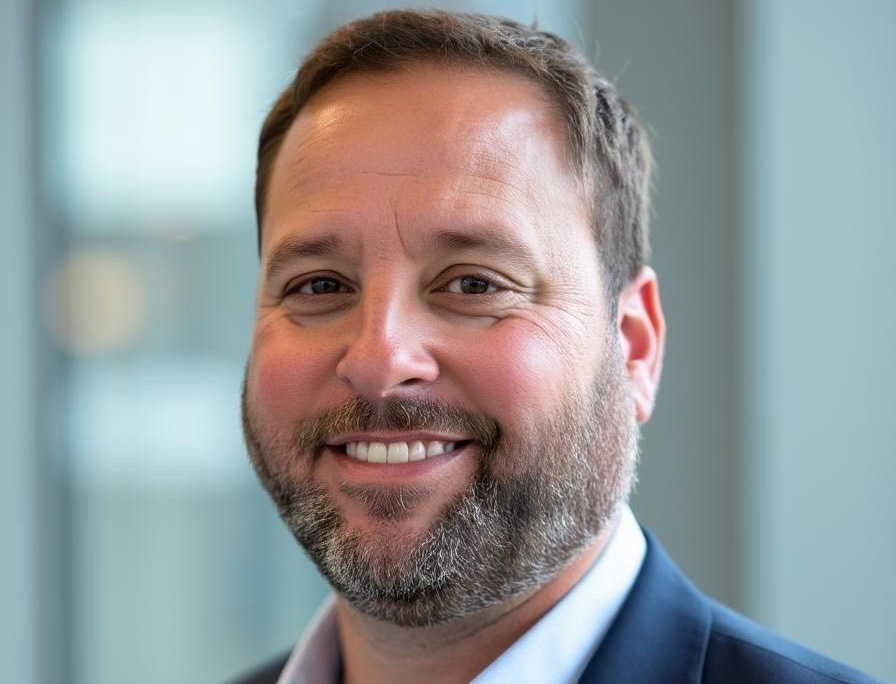2025-26 Michigan Teacher of the Year Corey Rosser is a social studies teacher at Quest High School in North Branch Area Schools in his 22nd year of teaching.
Lessons from the “Walking Wounded” by a Teacher Who’s Still Learning
I start year 22 of my Quest this fall. Each year starts just as Sisyphus does. In Greek mythology, Sisyphus was condemned with the eternal task of pushing a boulder up a hill, just to watch it roll back down again.
The symbolism is clear when related to education. Every educator takes a deep breath in June as we hope our efforts were enough, just to gather in August to start our task again. Each year, my school graduates between 20-30 young adults, sending them into the world, only to inherit a fresh batch of at-risk learners.
Rather than condemned, I am blessed with this challenge. I will continue to return every August until I feel more the former than the latter. Or until politics drive me out. I teach alternative education. My students are capable, even brilliant at times, but are at risk of never graduating.
Every year, I welcome a new group of students who need to be pushed up the hill. Most of my students appear to be typical learners, typical teenagers. On most levels they are. More worried about being accepted and what they look like, or even scared of just being noticed for any minute reason whatsoever.
My students bring baggage. I see them for who they are: the walking wounded. They are carrying burdens we can’t see. Their resilience has become my most profound lesson.
I've taught students for whom both parents have passed away through physical health issues, or worse, through addiction. Students that “couch surf” from home to home. Ones who must choose between attending school or working to keep a roof over their younger siblings’ heads. They have no time or capacity to manage their trauma. Schools, in turn, don’t have the resources to fill the gap, at least not to the extent needed to save them.
It’s easy to assume that poor school performance is a result of laziness or apathy. In fact, I would argue that adults who do are looking for the “lazy” explanation as to why students aren’t successful. For some students, success isn’t the honor roll. Sometimes it’s just showing up. That doesn’t relieve us of our responsibility as educators to do our best, but if you miss that, you can never truly connect those learners to their future.
My students remind me that education is not just about mastering content — it’s about creating a nurturing environment that takes kids from where they are at to where they need to be, rather than where we wish they were at. When that happens, growth, connection to their better self and healing can begin. In choosing alternative education, I took the road less traveled by … and that has made all the difference.

